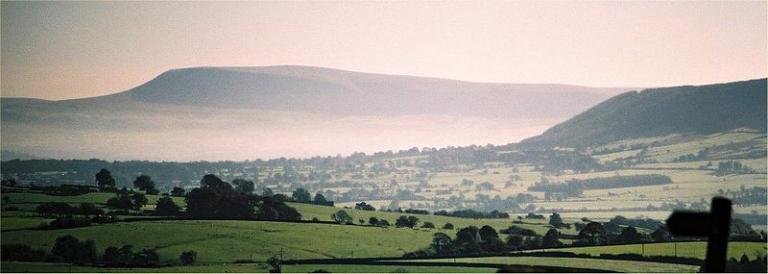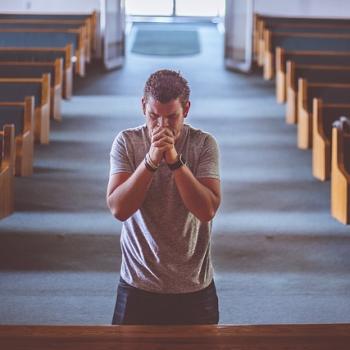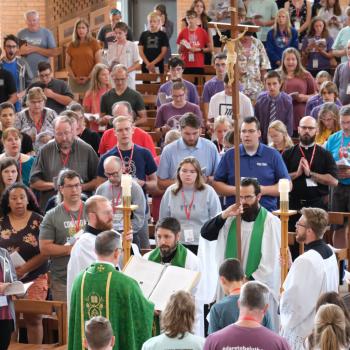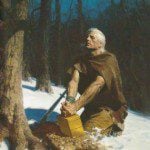
Considering that I’m in England between trips to Israel, it seems perfectly appropriate to share England’s unofficial national anthem — “Jerusalem” — with lyrics by William Blake
And did those feet in ancient time
Walk upon England’s mountains green?
And was the holy Lamb of God
On England’s pleasant pastures seen?
And did the Countenance Divine
Shine forth upon our clouded hills?
And was Jerusalem builded here
Among these dark Satanic mills?
Bring me my bow of burning gold:
Bring me my arrows of desire:
Bring me my spear: O clouds unfold!
Bring me my chariot of fire.
I will not cease from mental fight,
Nor shall my sword sleep in my hand
Till we have built Jerusalem
In England’s green and pleasant land.
Hear a performance of “Jerusalem” at this link:
Is Blake’s poem pure fantasy? Herewith a brief note on that subject:
In the sixth chapter of his autobiography, George Fox, one of the founders of the Society of Friends — which is to say, the Quaker movement — described a vision that he had received in 1652:
As we travelled, we came near a very great hill, called Pendle Hill, and I was moved of the Lord to go up to the top of it; which I did with difficulty, it was so very steep and high. When I was come to the top, I saw the sea bordering upon Lancashire. From the top of this hill the Lord let me see in what places he had a great people to be gathered.

Two villages very near to Pendle Hill — Downham and Chatburn, between roughly four and six miles from its summit — play a fundamental role in the very beginnings of the history of the Church of Jesus Christ of Latter-day Saints in England. (On this topic, I recommend a brief article by the British LDS-historical expert Peter Fagg, entitled “The Conversion of Chatburn and Downham.” )
When Elder Heber C. Kimball of the Quorum of the Twelve Apostles returned to the United States in 1838 from his first mission to England, he reported his remarkable experiences there to Joseph Smith, who responded, “Did you not understand it? That is a place where some of the old prophets travelled and dedicated that land, and their blessings fell upon you.”
So, is William Blake’s famous poem mere patriotic/messianic historical nonsense, or is it more than that? I certainly can’t prove anything, but I suspect that there may be something there.
Posted from London, England















